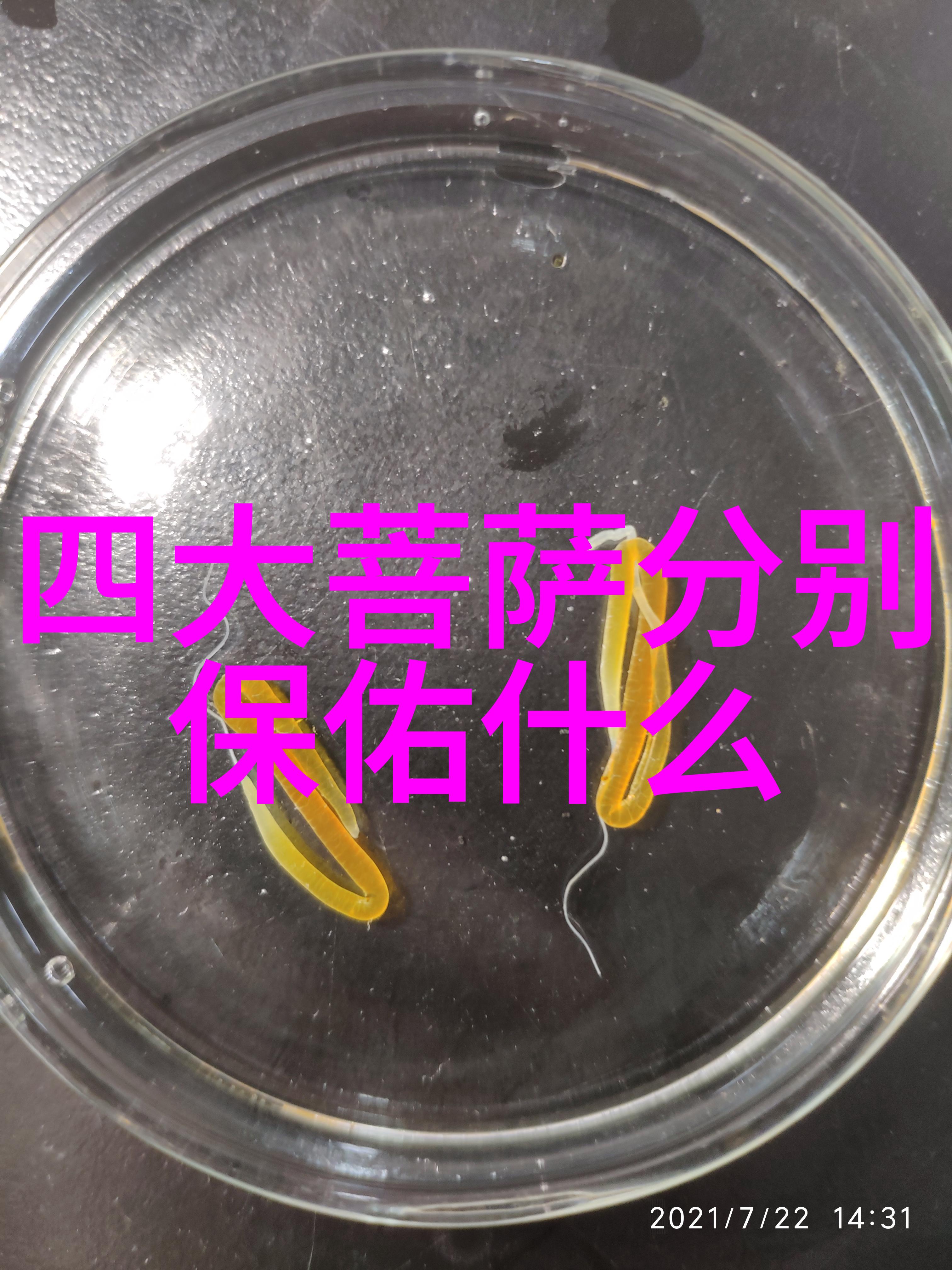科隆戈水法官的传统制度是秘鲁北部科隆戈区人民开发的一种组织方法,包括水管理和历史记忆。该系统可以追溯到印加时代之前,主要目的是公平和可持续地供水,这转化为适当的土地管理,从而确保这两种资源为子孙后代提供。科隆戈人是该元素的主要承担者,因为该系统规定了他们的农业任务,最高权力机构是水法官,其职责是管理水资源,并组织科隆戈的主要节日活动。该元素是科隆戈记忆和文化身份的支柱,符合团结、公平和尊重自然的基本原则。它的功能、意义和价值在家庭和公共领域内传递给年轻一代,与该系统相关的城市标志性舞蹈在各级学校都有教授。圣彼得和水的关系,以及由此带来的繁荣和幸福,是传递给人们的主要价值观之一;孩子们通过参加宗教庆典或口头传统来学习对守护神的忠诚。 2017年度列入人类非物质文化遗产名录。 来源:教科文组织亚太地区非物质文化遗产国际培训中心 The Traditional System of Corongo’s Water Judges is an organizational method developed by the people of the district of Corongo in Northern Peru, embracing water management and historical memory. The system, which dates back to pre-Inca times, is primarily aimed at supplying water fairly and sustainably, which translates into proper land stewardship, thereby ensuring the existence of these two resources for future generations. The people of Corongo are the main bearers of the element since the system regulates their agricultural tasks, and the highest authority is the water judge, whose role is to manage water and organize the main festivities in Corongo. The element is the pillar of Corongo’s memory and cultural identity and complies with the fundamental principles of solidarity, equity and respect for nature. Its functions, significance and value are transmitted to younger generations within the family and public spheres, and emblematic dances of the city, linked to the system, are taught across all school levels. The relationship between St Peter and water, and hence prosperity and wellbeing, is one of the main values passed on; children learn about devotion to the patron saint either by participating in religious celebrations or through the oral tradition. Included in the list of human intangible cultural heritage in 2017. Source: UNESCO International Training Center for intangible cultural heritage in the Asia Pacific Region

